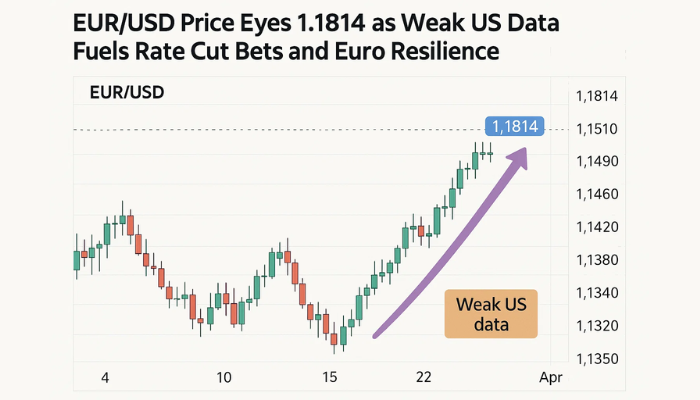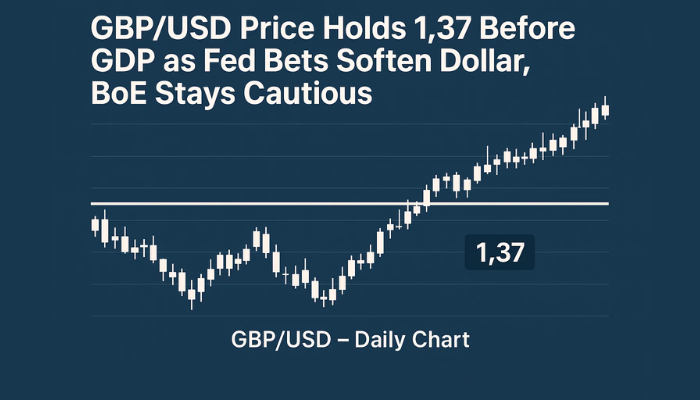Now Is A Great Time To Work On Your Trading Journal
It is going to be tough to make money given the holiday market dynamic. However, there is still work to be done.

We are certainly in the midst of a holiday trading session. Big spreads, choppy price action, and condensed trading ranges are the norm. As I write this, my DOM is showing a five pip bid/ask spread, an outrageous proposition for the EUR/USD. No matter how good your broker is, holiday sessions are simply more expensive to trade.
It is going to be tough to make money given the holiday market dynamic. However, there is still work to be done. A thorough recap of the trading journal is a great way to utilize time that is not conducive to profitable trading.

Journaling 101
In order to know where you are going, it is helpful to remember where you have been. Keeping an up-to-date trading journal is a valuable way of understanding your current position in the market. It doesn’t matter how you journal — be it on the screen, voice recorder, or with pen and paper — just be sure that it is accessible, legible, and readily studied!
Unrecognized mistakes are doomed to be repeated. A trading journal provides the sobering reality needed to improve your game. Below are a few items included in a comprehensive journal:
- Trade Record: A detailed win/loss tally provides a statistically verifiable track record. However, recording wins and losses is not enough. Be sure to include why the trade was taken, how it was managed, and the ultimate driver of success or failure.
- Market State: What was the market doing when the trade was taken? Was volatility high or were conditions quiet? Was there a breaking news item hitting the wires? Any information typical or unusual is useful in being ready for similar situations down the line.
- Emotional State: The impact that emotions have on performance can be monumental. How you are feeling is often directly related to making or losing money. Were you nervous or anxious while attempting to trade? Suffering from an illness? Euphoric over a big gain made earlier? Any emotion before, during, and after actively trading is important to understanding the “whys” behind performance.
Overview
Think of keeping a trading journal as part of the job. It is a tool for optimizing performance and promoting longevity in the marketplace. Without a journal, luck is mistaken for success and failure merely a product of chance.
Trading really is a zero-sum game. On each and every trade, one either makes money or loses it. If losses are larger than gains, then the operation ceases to be viable. Journals promote the discipline and consistent decision making required to achieve sustainable profitability. If you do not have one, get one!
- Check out our free forex signals
- Follow the top economic events on FX Leaders economic calendar
- Trade better, discover more Forex Trading Strategies
- Open a FREE Trading Account


